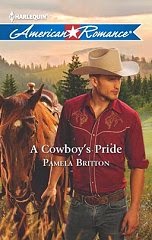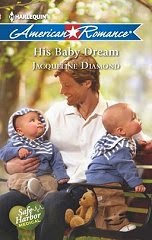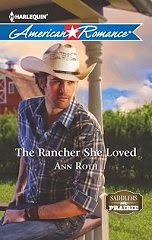This summer was the 100-year anniversary of the 1910 fire that devastated three million acres of wilderness in Northern Idaho, Northeast Washington and Western Montana. Within that wilderness were many small towns that were damaged or out-right destroyed by the fire. Eighty-seven people lost their lives. The small community of Avery, Idaho was near the epicenter of the conflagration. Somehow it survived, no doubt due to the sheer stubbornness of the people who lived there. Coincidentally, Avery is the town where I lived for several years in my childhood.
In celebration of the anniversary—and memorial to all who perished—many events were planned around the area. Avery had their own weekend-long commemoration. Friends of mine asked me to contribute books for an auction to raise funds for the small museum there. I gladly agreed and, with the assistance of many wonderful writers at the recent Romance Writers of America conference, put together a bag of autographed books.
Avery was an interesting place to grow up. The political, philosophical and even social differences between the “railroad” folk and the “forest” folk could have divided the community. But a place as small as Avery demanded that everyone work together. We all lived so close to one another—the narrowness of the valley made it impossible to have it any other way—and forced proximity built strong friendships.
I have so many memories of the closeness of the community. Potlucks, parties or just a night’s gathering at the Pub were common. There was softball in the summer and Bridge or Pinochle tournaments in the winter. The entire town came out for the annual Christmas play at the school. They returned another night for the church pageant with the same kids now dressed as shepherds and angels. Both events were held in the school gymnasium, the only place big enough for us all. Plus, it boasted the only stage in town. One year, instead of separate plays for each of the classrooms, the teachers decided to put on “A Christmas Carol.” With thirty-six students in the school, there were just enough of us to fill all the roles.
Memories of that small town have influenced my writing tremendously. I know how aggravated you can be with your neighbor one day, yet extend a hand to help him without question the next. A small community is like a family that way: you don’t get to pick them, but you wouldn’t trade them for anything. Envisioning the details of a small town on the Chesapeake Bay was the easy part of writing the linked books that I’ve just finished. Avery prepared me well.
If I were to write my autobiography, it might begin: Once upon a time, I was a part of this community in Idaho called Avery. In many ways, I still am.
If you’re ever in Northern Idaho, plan a trip up the St. Joe River. Way up the river, just before the blacktop ends, you’ll come across Avery. History lives there.





3 comments:
Lisa,
What a lovely sense of community and life in a small town.
I grew up in a small community and now live in a small town. Wouldn't have any other way!
Wow, Lisa,
What a great post. You made both periods of time come alive.
Avery sounds wonderful. I'm glad you get to have it as home.
I come from a small town, too, though I'm not sure it was as cohesive as Avery.
Best,
Laura
Post a Comment